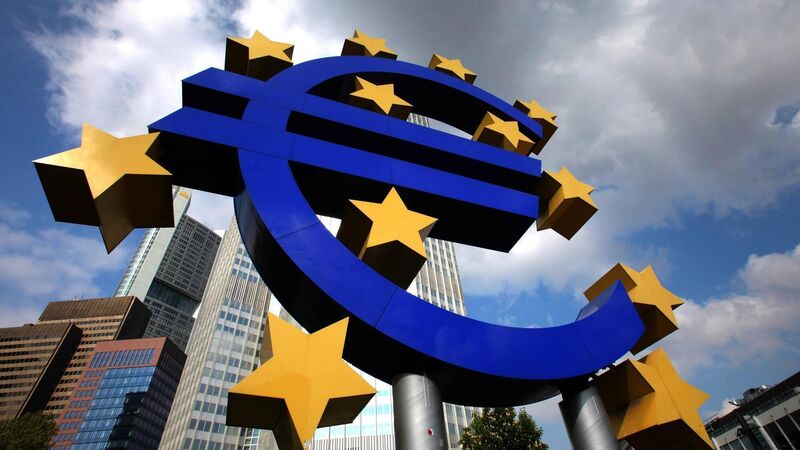German inflation accelerates more than expected towards end of 2024

In Germany, factors including an increase in the cost of the nationwide public transport ticket and a higher national carbon price are set to keep inflation pressures elevated. Picture: Hannelore Foerster/Bloomberg via Getty
German inflation accelerated more than anticipated last month, backing the European Central Bank (ECB) plans to keep cutting interest rates only gradually.
Consumer prices rose 2.9% from a year ago in December, up from 2.4% the previous month. The rise was driven by energy and food costs, the statistics office said.














